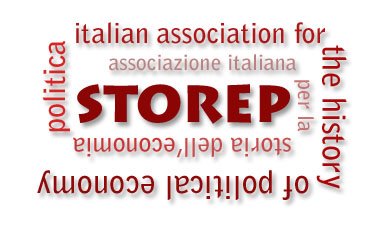MicroCafé - Seminars on the History and Philosophy of Microeconomics
Wednesday, June 8, 2011,
5.00-6.30 PM
Frank Hindriks (University of Groningen)
How to think about institutions? The philosophy and economics of social rules and regularities
Venue:
University of Milan, via Conservatorio 7, Department of Economics, Seminar Room (2nd floor)
ABSTRACT
Institutions are often regarded as regularities in behaviour or rules for action. Such a Practice Conception (PC) focuses on behavioural aspects of institutions and identifies institutions with regulative rules. Alternatively, institutions can be regarded as being constituted by our beliefs. This Constitution View (CV) focuses on ontological aspects of institutions. It identifies institutions with constitutive rules. In this paper, I consider the relation between the PC and the CV. Using Lewis (1969) and Searle (1969, 1995) as representatives of these views I argue that - in spite of appearances - they are consistent with one another. The crucial premise of this argument is what I call the transformation view of constitutive rules (TV), according to which constitutive rules are transformations of regulative rules. CV in fact complements PC nicely. It is especially useful for bringing important ontological issues into focus, including multiple realizability and constitution as the relation between non-institutional and institutional phenomena.
SPEAKER Frank Hindriks is Assistant Professor of Philosophy at the University of Groningen. His main fields of interest are ethics & philosophy of action, and social ontology & political philosophy. The topics that he investigates include (1) intentional action, moral responsibility, the Knobe effect, the doctrine of double effect, moral judgment, and experimental ethics, as well as (2) collective responsibility, collective reasoning, groups, institutions, constitutive rules, identity, freedom, group freedom, group rights, and equal opportunity. He has also done some research concerning the philosophy of language (assertion, rule-following, response-dependence, and truth) and economic methodology (idealization, mechanisms, tractability assumptions, unrealistic assumptions).
Forthcoming seminar:
June 15: Giacomo Sillari (Scuola Normale Superiore, Pisa)
Knowledge, common knowledge and coordination
Venue: Bocconi
Argomenti
bandi
(52)
benvenuto
(1)
blog e forum
(24)
convegni
(285)
novità editoriali
(74)
premi
(3)
riviste
(163)
seminari
(59)
Storep attività
(80)
summerschool
(14)
